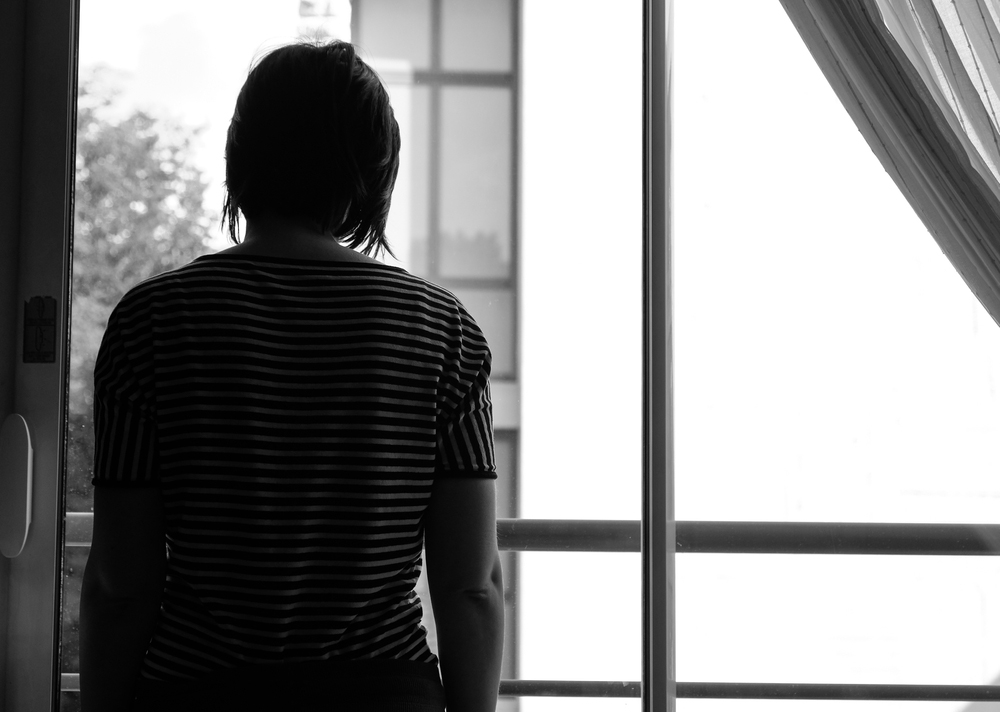October is National Bullying Prevention Month, a time to shed light on behaviors that often begin in childhood but can leave lifelong marks. While many picture bullying as schoolyard teasing or playground scuffles, the reality is far broader and more damaging. It’s a repetitive, intentional pattern of behavior meant to harm, intimidate, or control someone perceived as vulnerable or “different.”
Verbal Bullying
Verbal bullying includes insults, name-calling, and derogatory comments that target a person’s appearance, background, identity, or abilities. These attacks may seem minor at first but can chip away at your self-esteem over time.
Example: Mocking someone’s weight, accent, or interests; using slurs or degrading nicknames; or repeatedly telling them they don’t belong.
Long-term impact: Victims of verbal bullying often internalize these messages, leading to low self-worth, anxiety, or body image issues later in life.
Physical Bullying
This form of bullying involves direct physical aggression – hitting, pushing, tripping, or damaging someone’s belongings. It can cause visible, immediate, and lasting harm.
Example: A student who regularly gets shoved in the hallway or an adult who faces workplace intimidation or property damage.
Long-term impact: Beyond physical injury, victims may experience post-traumatic stress, hypervigilance, or a deep-seated fear of confrontation.
Relational Bullying
Relational bullying is more insidious. It involves manipulating social dynamics to isolate or humiliate someone – such as spreading rumors about them or deliberately excluding them from activities.
Example: A group chat that leaves one person out or colleagues gossiping to undermine your credibility at work.
Long-term impact: This kind of bullying can destroy trust, leaving survivors fearful of forming close bonds or feeling they must constantly prove themselves.
Cyberbullying
Cyberbullying takes place on social media, gaming platforms, and text messages, often with the shield of anonymity.
Example: Posting humiliating photos, sending threatening messages, or creating fake profiles to mock or impersonate someone.
Long-term impact: Because online content can spread rapidly and remain accessible indefinitely, victims often feel powerless to escape and may experience depression, anxiety, and suicidal thoughts.
The Adverse Consequences of Bullying
The effects of bullying ripple far beyond the moment of harm. Survivors often carry invisible wounds that influence their mental and physical health for years.
- Physical consequences: Chronic stress from bullying can lead to headaches, fatigue, sleep problems, and even cardiovascular issues.
- Mental health consequences: Bullying survivors face higher risks of depression, anxiety, substance use, and suicidal ideation. Many turn to drugs or alcohol to numb feelings of fear, shame, or worthlessness – creating a dangerous cycle that requires compassionate, professional care to break.
- Academic and career effects: Ongoing bullying can interfere with your focus and motivation, leading to poor academic performance or workplace burnout.
Bullying’s Echo in Adulthood
The impact of bullying doesn’t disappear once you leave school. Many adults who were victims of bullying as children continue to feel its effects well into their personal and professional lives.
- Low self-esteem: Persistent criticism can create lifelong doubts about your worth and competence.
- Trust issues: Survivors of relational bullying may struggle to form or maintain intimate relationships.
- Overcompensation: Rooted in a fear of inadequacy, you may overwork or become perfectionistic to prove your value.
- Chronic stress: Long-term anxiety and emotional strain can contribute to health concerns such as muscle tension, heart disease, and immune dysfunction.
Healing After Bullying
At NEM Recovery, we understand how profoundly trauma can shape your self-image and behavior. Whether bullying has led to substance use or a dual diagnosis, our programs in Laguna Beach offer a safe, compassionate environment for healing. Through therapy, community connection, and holistic recovery, you can rediscover your strength and move forward free from the pain of the past.
If bullying has left lasting emotional scars or contributed to addiction, you don’t have to face it alone. Connect with us today to learn how we can help you break the cycle of pain, rebuild your self-worth, and begin a new chapter in recovery surrounded by understanding and support.

